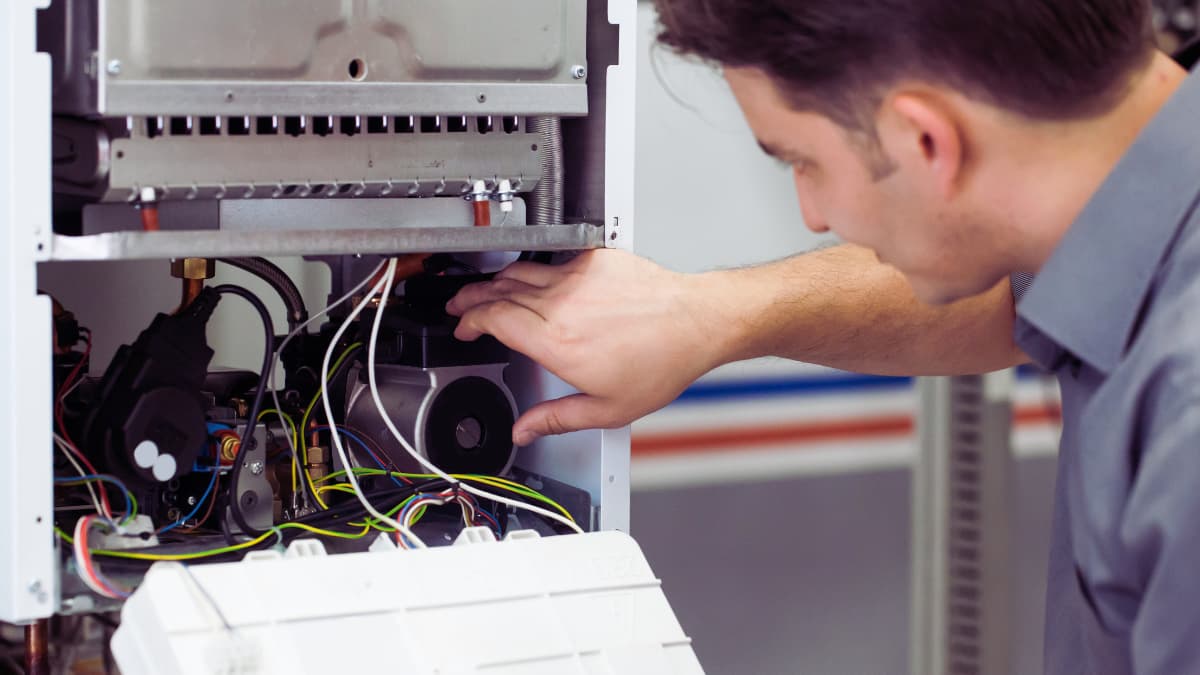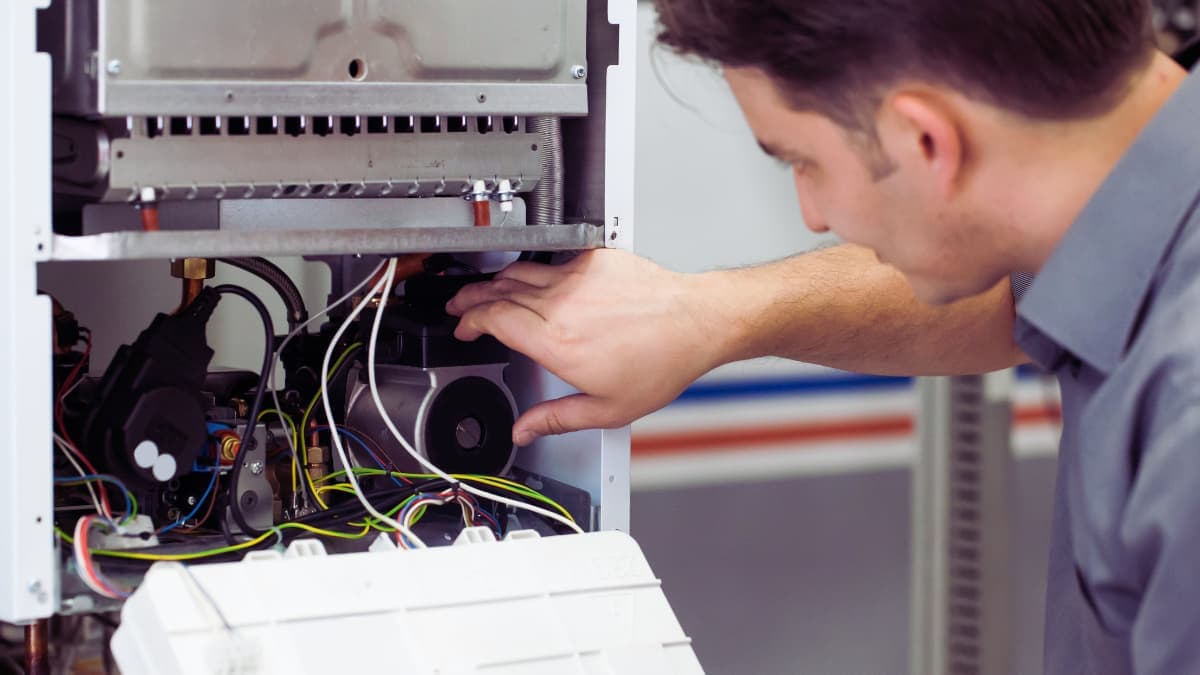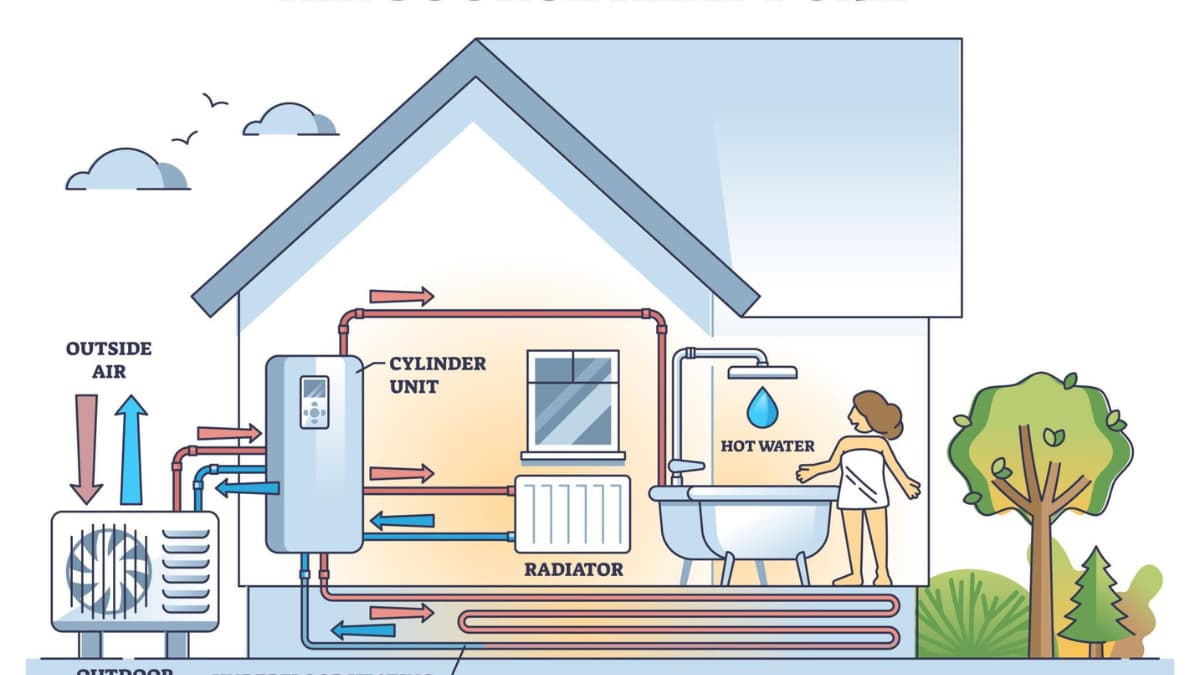With all the talk about Net Zero and the push towards greener energy, it’s natural to ask where gas engineers fit into the future. Many people are wondering whether gas training is still a smart move in 2025 and beyond.
The short answer is yes. The role of a gas engineer is evolving, but it remains essential. There is still a strong demand for skilled professionals who can work safely, adapt to new technologies and support the energy transition already underway.
What Net Zero Means For Gas Engineers
Net Zero is the UK’s goal to reduce carbon emissions to as close to zero as possible by the year 2050. This includes changing the way we heat our homes, power our buildings and run our industries.
For gas engineers, this does not mean the job is disappearing. Instead, it means the focus is shifting. Engineers will continue to work on traditional gas systems, but will also play a key part in:
- Replacing old boilers with hydrogen-ready models
- Adapting systems for hybrid heating
- Ensuring safety during changes in fuel and technology
- Supporting customers with servicing and efficiency upgrades
This work is not going away. It’s expanding as households and businesses need support to meet new standards.
The Role Of Hydrogen And Hybrids
Technology is already shaping the future of gas work. Hydrogen-ready boilers are being trialled across the UK and could become standard in new installations. These appliances are similar to current gas systems, but are designed to run on cleaner hydrogen fuel once it becomes available.
Hybrid systems are another major development. These combine a gas boiler with a heat pump, enabling households to switch between fuels according to demand and cost. Engineers who understand both gas and electric systems will be in high demand to install and maintain this equipment.
The same applies to off-grid properties. In rural and mobile settings, LPG remains a vital fuel, and trained engineers are still needed to carry out safe installations and repairs.
Opportunities To Upskill And Diversify
The best way to stay ready for the future is to keep learning. The good news is that upskilling as a gas engineer is accessible and often included in your professional development.
There are many areas where engineers are expanding their skills:
- Heat pump installation and renewable energy systems
- LPG and commercial gas work
- Smart heating controls and energy monitoring
- Unvented hot water systems and low-temperature heating design
Training centres like Staffordshire Training Services offer a range of additional qualifications that help you stay current and competitive in the market.
Gas Skills Still In Demand
Despite changes in energy policy, gas engineers remain one of the most in-demand trades in the UK.
Here’s why:
- Millions of homes still rely on gas for heating and hot water
- New builds still include gas systems, especially where electric-only is not practical
- Landlords are legally required to carry out annual gas safety checks
- Older systems need regular servicing and skilled replacement
- Energy upgrades require qualified engineers to carry out work safely
In short, gas skills are not just useful, they are needed. Those with proper qualifications, particularly ACS certification and Gas Safe registration, are well-positioned to build a steady, rewarding career.
Training That Builds A Future
At Staffordshire Training Services, we train engineers not only to meet current standards but to grow with the industry. Our training courses are hands-on, accredited and focused on the skills that matter today and tomorrow.
We offer:
- Gas Managed Learning Programmes for new entrants
- Apprenticeship options through our training partners
- Additional training in LPG, unvented systems, and safety updates
- Guidance on ACS certification and Gas Safe registration
- Support from experienced engineers who understand the trade
We understand what employers look for, and we ensure our learners are prepared to step into real-world work with confidence.
The future of gas is changing, but the need for safe, skilled professionals is stronger than ever.
If you are thinking about starting a career in the gas trade, now is the time to train. Explore our gas training courses or speak to our team for clear, expert advice on your next step.
Related Articles
- Career as a Gas Engineer
- Start Training As a Gas Engineer
- Gas Engineering vs Renewable Heating Careers
- Starting Out with the Gas Managed Learning Programme
- Your First Year as a Gas Engineer: What to Expect
Prefer an AI Summary?



